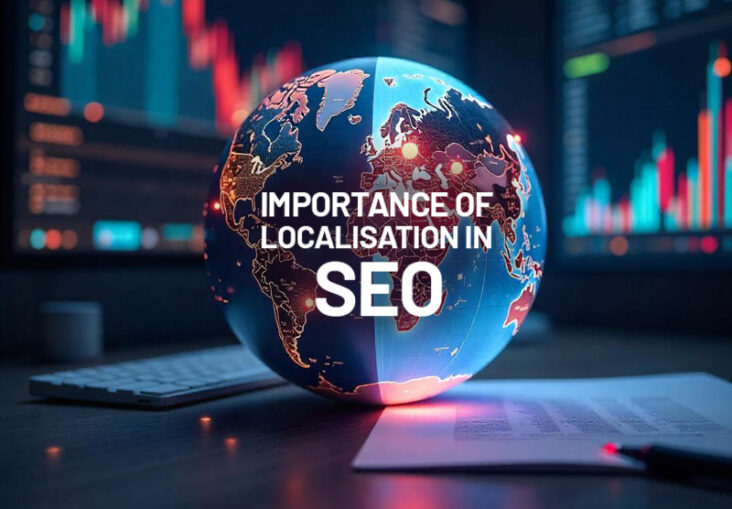Importance Of Localisation In SEO

Localisation in SEO is crucial for businesses aiming to target specific geographical markets effectively. Here’s why localisation matters in SEO:
- Improved Search Visibility for Local Audiences
Localised SEO strategies focus on optimizing content for a specific location, ensuring that your business appears in local search results when users search for services or products in your area. This is especially important for businesses like restaurants, retail stores, or service providers with a physical presence
- Enhanced User Experience
Localised content provides users with information that is more relevant to their cultural context, language, and local needs. This increases engagement and the likelihood of conversions.
- Better Rankings in Local Search Results
Search engines prioritize localised results for location-based queries. By optimizing for local keywords, creating a Google Business Profile, and gaining local backlinks, businesses can improve their rankings in local search engine results pages (SERPs).
- Higher Conversion Rates
Localised content builds trust with your audience by showing that you understand their specific needs and preferences. This connection often leads to higher engagement and conversion rates compared to generic, non-localised content.
- Competitive Advantage
Many businesses fail to localise their SEO efforts, creating an opportunity for those that do. By targeting local keywords, leveraging location-based services, and connecting with the community, businesses can stand out from competitors.
- Adaptation to Local Search Trends
Search behavior varies by region, influenced by language, culture, and even local events. Localisation ensures that your content aligns with these nuances, making your business more relevant to searchers.
- Leverage of Google’s Local Features
Features like Google Maps, local reviews, and local pack rankings are critical for businesses targeting nearby customers. Proper localisation ensures your business takes full advantage of these tools.
Key Strategies for Localised SEO:
- Optimize for Local Keywords: Include location-specific keywords in your content, meta tags, and headers.
- Create a Google Business Profile: Keep it updated with accurate information about your location, hours, and services.
- Build Local Backlinks: Partner with local organizations, directories, or events to gain backlinks from credible local sites.
- Encourage Local Reviews: Positive reviews improve local rankings and build trust.
- Optimize for Mobile Users: Many local searches happen on mobile devices, making mobile-friendly websites essential.
- Localised Content Creation: Write blog posts, guides, or updates tailored to the local audience.
According to Sharad Agarwal, CEO of Cyber Gear, “Localised SEO not only increases visibility but also builds a strong relationship with your target audience, fostering loyalty and driving consistent traffic.”


